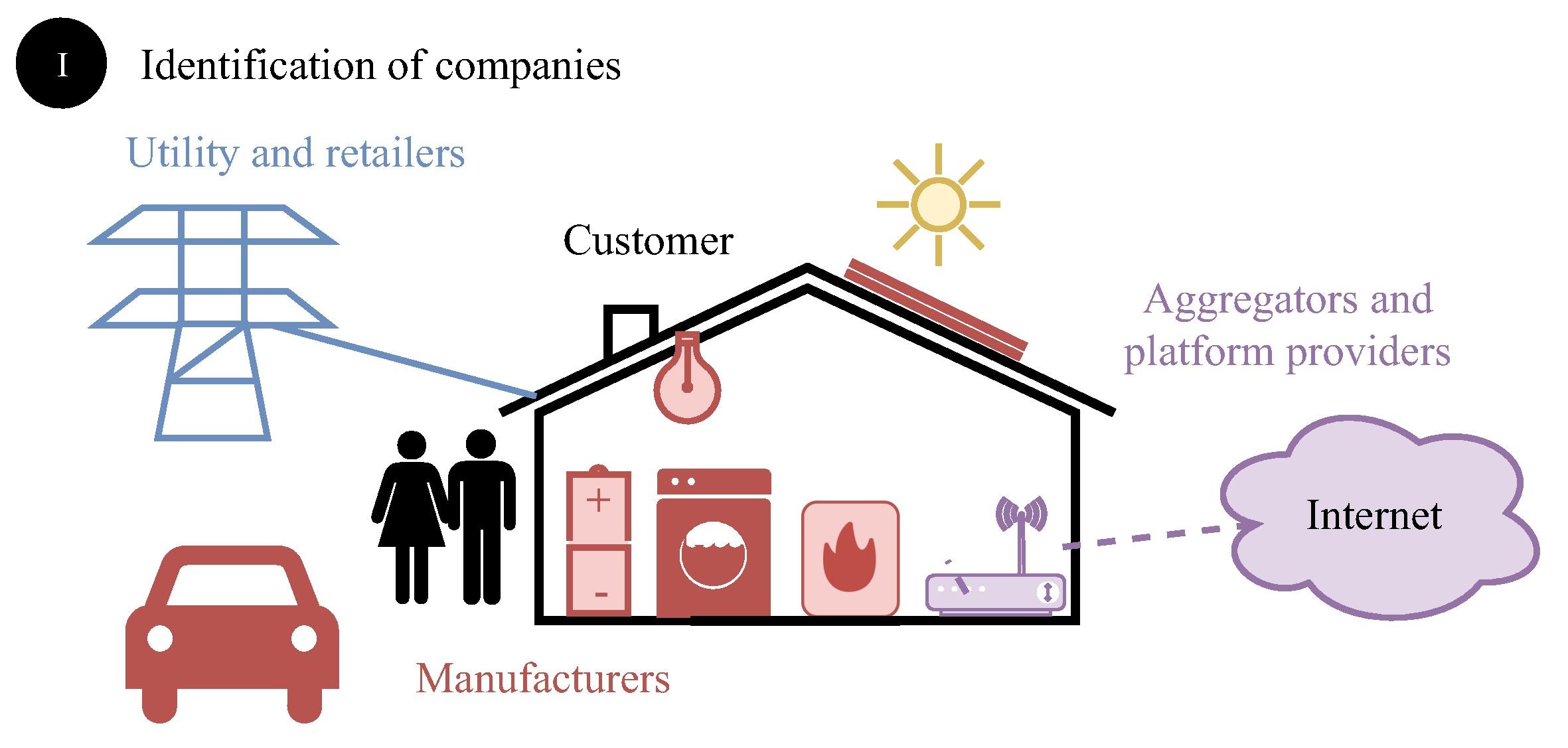[Paper] Active consumer participation in smart energy systems

Active consumer participation in smart energy systems
by Gerald Schweiger et al
Energy and Buildings, Volume 227
15 November 2020, 15 pages
[open access]
Abstract
A pressing task for future energy systems is the design and operation of systems that integrate large shares of renewable energy while improving overall system efficiency. Because buildings consume about 32% of the total global final energy use, they are of vital importance. In recent years, technical and socio-economic studies, as well as hands-on experience, have concluded that the integration and participation of consumer are crucial for smart energy systems. To reach challenging climate goals, individual consumer, social environment, physical environment, digital realities and economical conditions must be considered and integrated in successful solutions and business models. However, a holistic discussion of all these elements is scarce. This paper presents a comprehensive review of necessary steps and obstacles during the development and implementation of user centric business models, including a detailed discussion of required data and computational methods as well as psychological aspects of consumer participation. In addition, we aim to identify current challenges and future research needs.
Excerpt from the paper’s conclusion
“In the past, the consumer has often been portrayed as passive, uninformed individual striving to maximize egoistic (material) gains. In this context, efforts to optimize an energy system have often meant to bypassing any active involvement of the consumer whatsoever. This essentially negative understanding of the role of the consumer is too limited and partially outdated. Changes in our society (e.g. heightened awareness of climate change), the energy market (e.g., increase of private energy generation), technologies (e.g., smartphones and computational power, renewable generation) and the personal skills the average contemporary consumer possesses (e.g. digital natives), create an advantageous environment for an active consumer involvement. Designing energy services with a human-centered approach will allow us to rely on consumers not only as executors of changes in energy consumption, but also as providers of data. The data gathered by this means will help to leverage sophisticated control strategies and to optimize computational models, business models and the energy system in general.”



